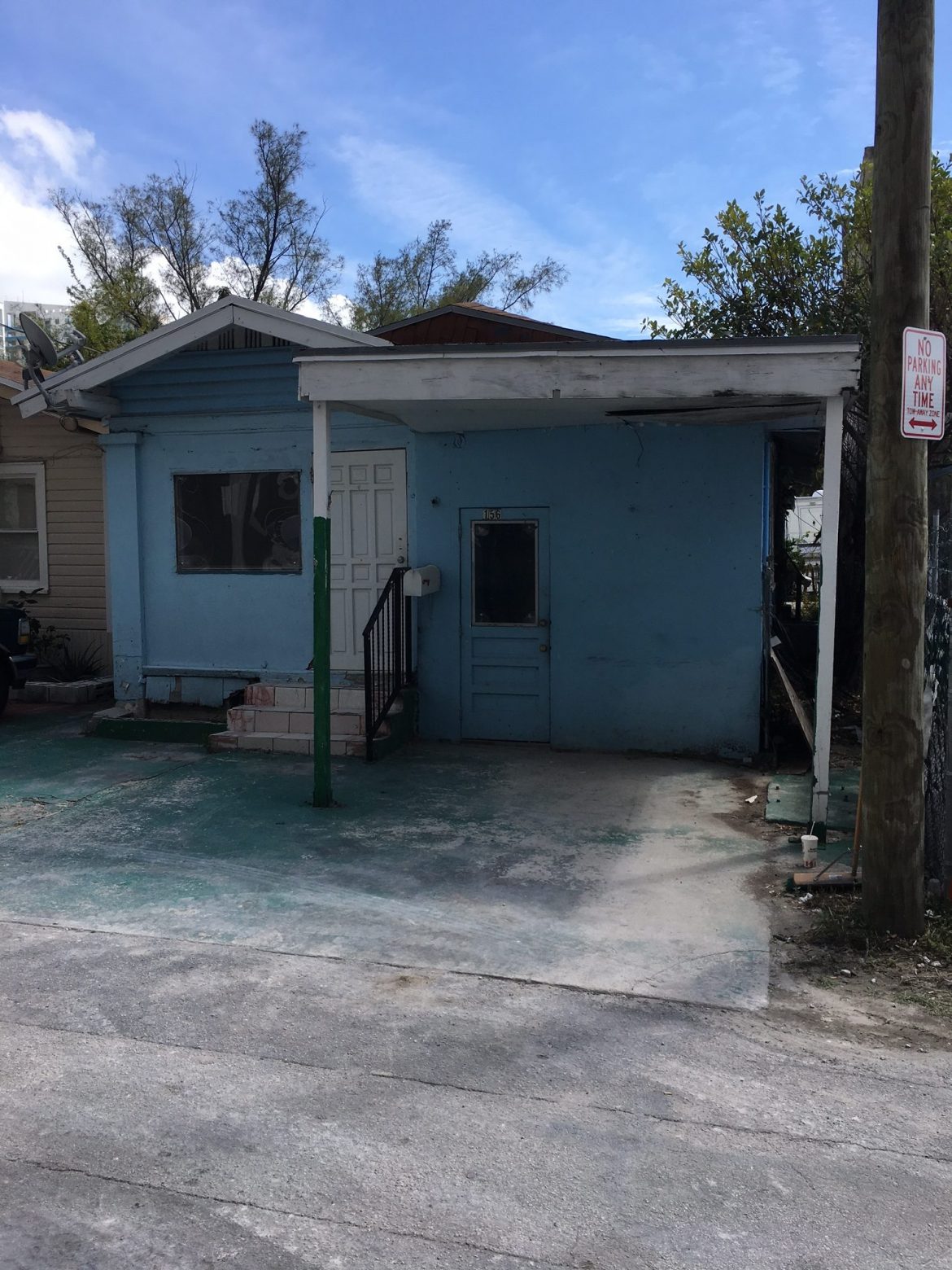
In many ways, COVID-19 is accelerating transitions that had already been occurring in the commercial real estate world.
“People think we should open up the economy sooner,” says Newmeyer Dillion partner Mike Krueger. “But I don’t think anybody’s saying that this isn’t going away anytime soon.”
Ultimately, Krueger predicts that COVID-19 will force “some very creative repurposing of properties.”
“We’re going to see very creative developers come in and repurpose those properties for their next use,” Krueger says. “At this stage, we don’t even know what the best use of some properties will be.”
Krueger says that is already happening in malls. In some places, they’re being repurposed by medical organizations.
“You may have a J.C. Penney’s in a huge building that could be perfect for an oncology department or maybe perfect for outpatient medical treatment,” Krueger says. “The rest of the stores might still be vacant, but that one building is great for that a medical use.”
Malls may have other advantages for conversion to other uses. For instance, a large mall will be ADA compliant.
“It’s going to have elevators and escalators,” Krueger says “Maybe an abandoned mall is a perfect opportunity to put a nursing home or some assisted living facility because you already have all these access points.”
Malls, which are also near public transit and bus lines, would also provide plenty of space to create completely independent units that are not on central air, if ventilation is a concern, according to Krueger.
“I think we’re still waiting on a lot of guidance,” Krueger says. “The insurance companies are really going to be the ones that are going to dictate this.”
But malls are just one example of how COVID-19 could change spaces.
“We are now looking at a complete revolution in what retail and commercial spaces are going to look like, especially in the restaurant industry,” Krueger says. “Depending on where you are, you’re going to have different counties with different restrictions. At least in the Bay area, we know that the post-COVID-19 restaurant experience is not going to be the same as pre-COVID-19, namely and the occupancy space.”
Offices are another place ripe for change. While teleworking had been growing steadily as a trend for a while, Newmeyer Dillion partner Mike Krueger thinks the news that Twitter is allowing its employees to work remotely indefinitely will spark discussions at a lot of large firms in The Bay Area.
“For large tech companies that are renting out giant spaces in downtown San Francisco or anywhere in the Bay area, anywhere where commercial real estate is very expensive,” Krueger says. “Now, all of a sudden, you see some of the most visible tech companies out there saying, ‘We don’t even need our commercial space.’ I think you’re going to see a significant change around what that space is going to be useful and how that space is being used.”
Source: GlobeSt.
